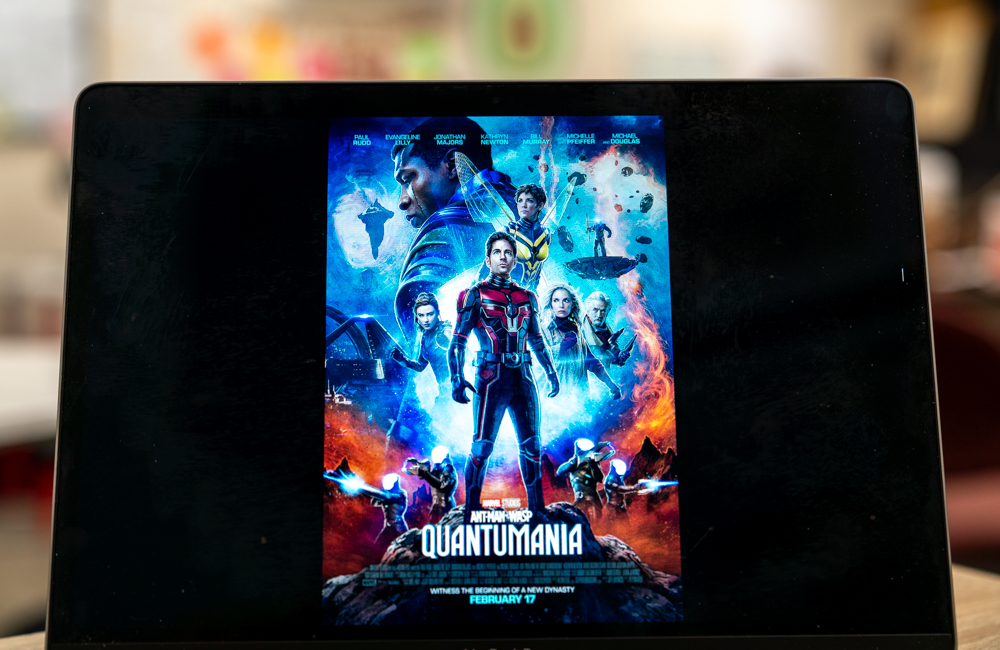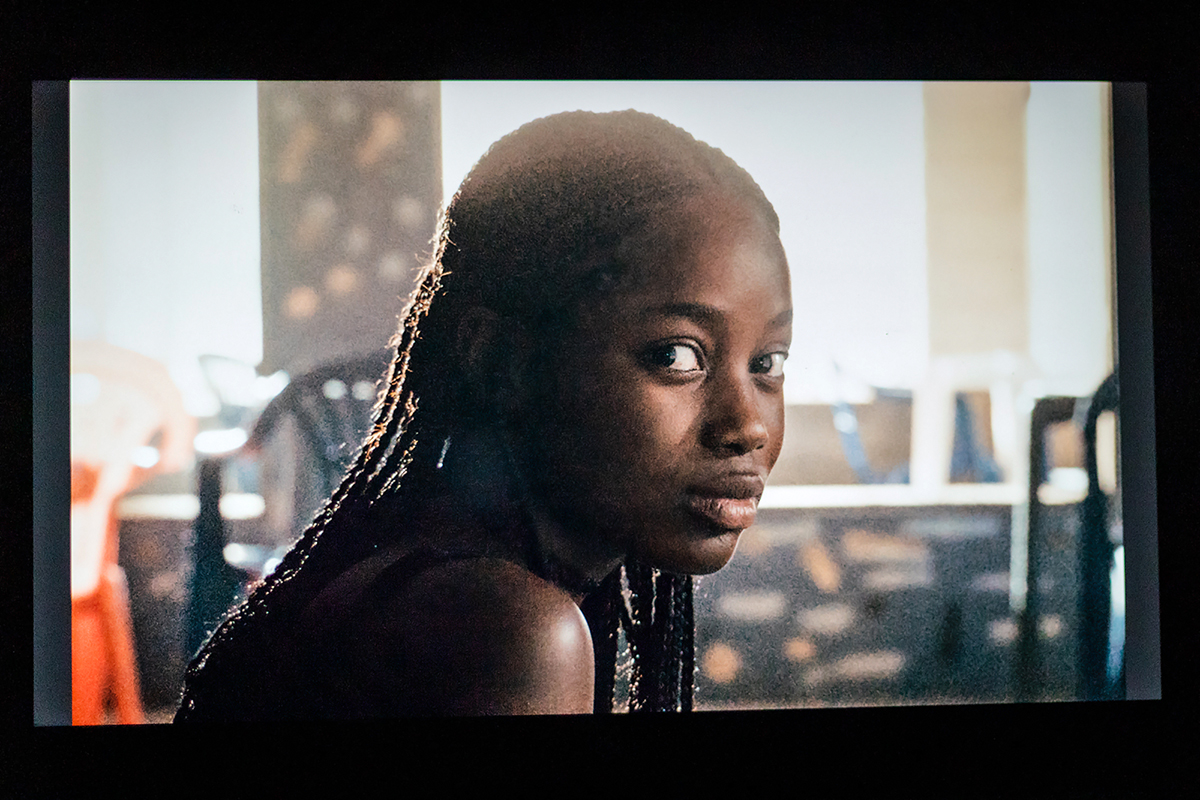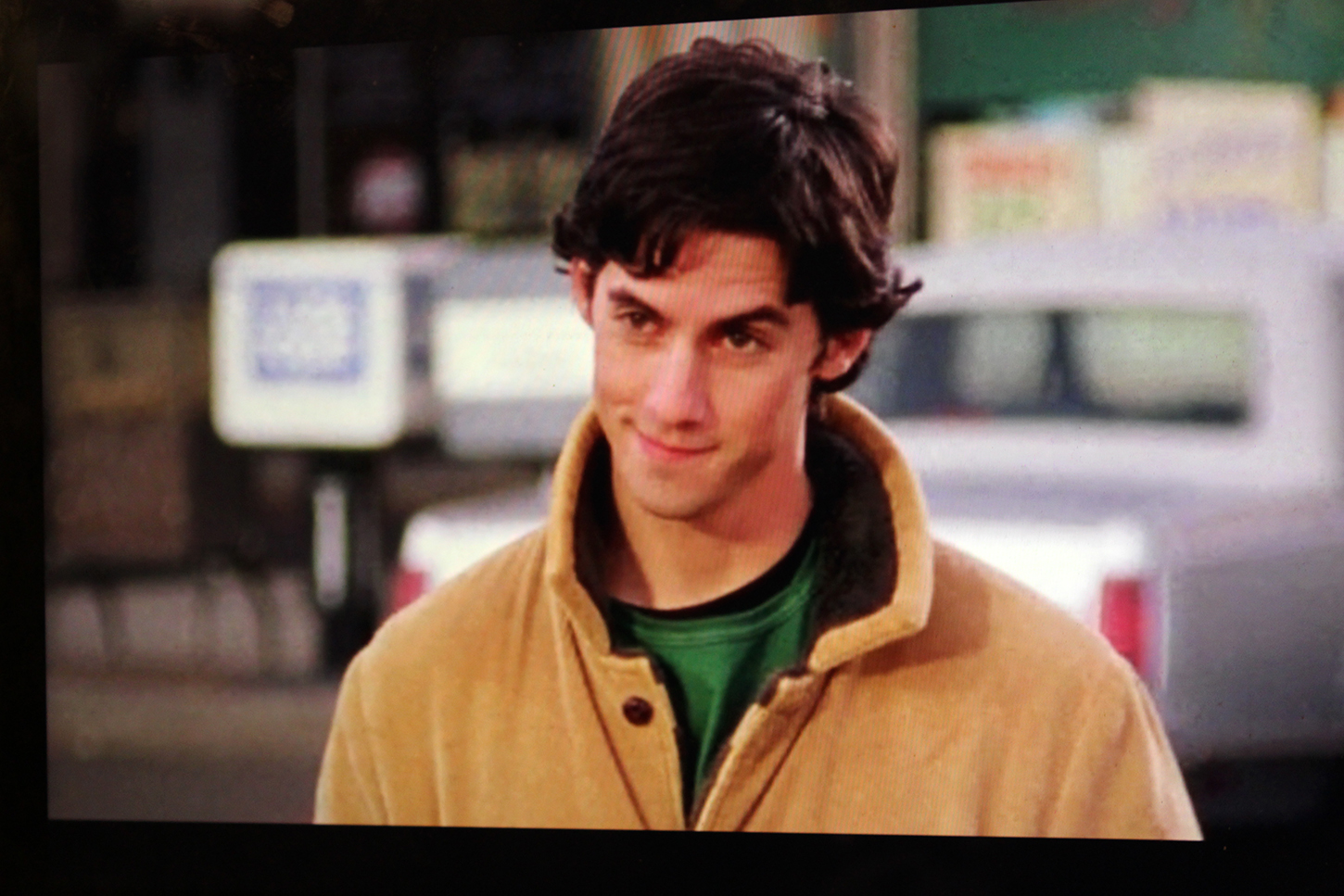Hoop dreams aren’t always grounded in reality, one professor said.
Texas A&’M University professor Reuben Buford May spoke to an audience of about 18 people at the Howard Thurman Center on Tuesday about his book, “Living Through the Hoop: High School Basketball, Race, and the American Dream,” as part of the African American Studies department’s fall lecture series.
May’s book describes the seven-year sociology experiment he conducted as a basketball coach in the metropolitan working-class area of Northeast, Ga.
Through his experiment, May said he sought to answer the question: “Why do so many young men believe that basketball could help them climb the social ladder?”
May’s subjects were black high school basketball players who were “of only average height, average skill and average ability,” he said.
Seven years and 18 exit interviews later, May grouped his conclusions into four categories: mass media, community influence, self-conceptions of athletic ability and coach influence.
These categories fed the boys’ dreams of playing basketball professionally, “as a means of social mobility from their current situations,” he said.
May also discussed the possible repercussions of the reinforcement of “unrealistic dreams,” or what he calls, “the dirty trick,” and the effects that they could have on the young men who, in many cases, have limited opportunities.
May said he agrees that the coaches’ and communities’ encouragement of athletics are helpful for the students because they kept the boys in schools where 51 percent of their class would drop out before graduating.
However, he said the ultimate fate of one of his students years later caused him to question this fact.
Calvin Cody, a boy whom May described as, “the representation of all that was good in the coaches’ encouragement,” and who was, “saved by basketball from the temptation of drugs and violence,” shot and killed himself after discovering he had a heart condition that would prevent him from playing college basketball.
“Society teaches us to shoot high, and as we fail, we modify what it is that we do,” May said.
While this may be true for most, May questioned whether this mentality is also applicable for those like Cody who may not have had as many possible other modifications due to educational, societal or racial constraints.
“Ultimately, I believe the best one can do is to understand the system and play the game to its fullest,” May said.
College of Arts and Sciences sophomore Santiago Gomez said that as a sociology major, he found May’s ongoing passion to identify the morality of playing “the dirty trick,” “inspirational.”
Sua Morales, a freshman in CAS, said he chose to attend the event after he found out about it through the Boston University application on his iPhone.
“I could have been one of those subjects, ” he said. “I believe in hard work and positive thinking but it’s important to know the balance.”




















































































































